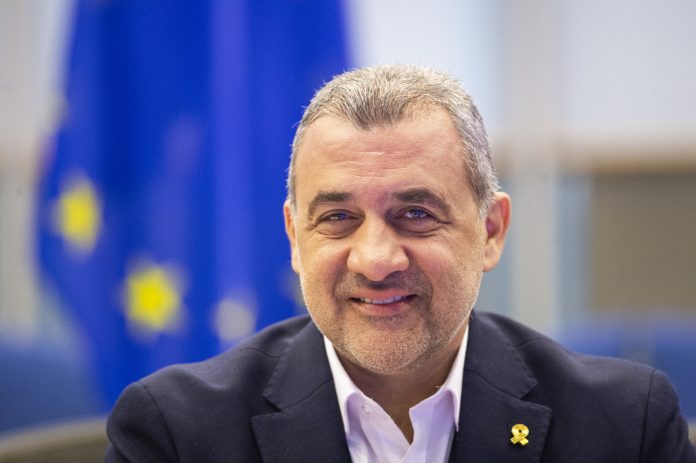On Tuesday, EP negotiators struck a deal on the European Year of Skills, which will promote the development and competitiveness of the EU’s workforce.
The period, which will run from May 9 2023 to May 8 2024, will aim to foster talent, improve qualifications and acquire new skills. This will contribute to quality job creation, closing gaps and skills mismatches in the EU and empowering the workforce to realise the full potential of the digital and green transitions.
The deal was reached by EP negotiators, led by rapporteur Loucas Fourlas (EPP, CY), and the Swedish presidency. It aims to establish a closer cooperation and dialogue with social partners at company level, civil society entities and not-for-profit social service providers, as they know best what skills are needed in their industrial ecosystems.
This provides the opportunity to integrate more people into the labour market, in particular women, young people, persons with disabilities, people from disadvantaged and diverse backgrounds and displaced people including refugees from Ukraine.
The period aims to attract people from third countries with the skills needed in EU countries, including by promoting learning opportunities such as language learning, skills development and mobility, and by facilitating the recognition of qualifications.
The rapporteur Loucas Fourlas (EPP, CY) said: “I’m excited to see the #EuropeanYearofSkills make a real difference in the lives of citizens across the continent! Parliament managed to introduce explicitly a reference that the year will last 12 months and this is a success of the EP. Through social partners and social dialogue we will make this happen! The European Year of Skills will focus on promoting quality employment and access to skills for the green and digital transitions, as well as upskilling and reskilling. No one is left behind.”
Dragos Pîslaru (Renew, RO), Chair of the Employment and Social Affairs Committee, said: “We have now the framework to rethink the way we invest in skills, develop our human capital and implement new approaches to support people in the green and the digital transitions.
“The European Year of Skills represents the momentum to increase the competitiveness of European labour markets. We can now reach citizens and localise skills, by working with regions and cities, as well as all the partners involved in the skills development around EU. This year we can walk the talk of our ambition for a skilled workforce.”
Pending official approval of EU countries and the EMPL committee, the agreement should be put to a Plenary vote on March 30 in Brussels.
In October 2022, the Commission adopted its proposal to make 2023 the European Year of Skills, following an announcement by President Ursula von der Leyen in her 2022 State of the Union address.

